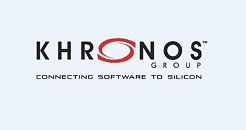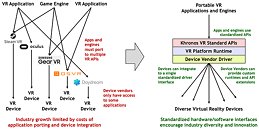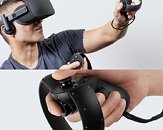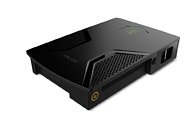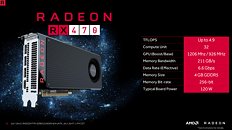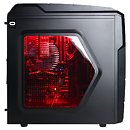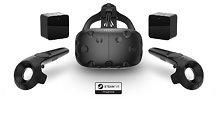NVIDIA has today released their latest GeForce Game Ready drivers, in the form of the 376.19 WHQL release. The new drivers boast support for Oculus Touch launch titles, such as Crytek's "The Climb", Oculus Studios' "Oculus First Contact", Insomniac's "The Unspoken", The Stork Burnt Down's "Home Improvisation: Furniture Sandbox" for all your furbishing-related needs and IKEA doctorate, as well as Escalation Studios' "Please, Don't Touch Anything", along with an estimated 345 other Oculus Touch launch games (in reality, closer to 49 others;I admit, I picked some of the most interesting names). Also, remember that article about the VR bubble
bursting?)
Lacking are any additional SLI profiles, though there are some resolved issues specifically on Windows 10: an issue where No Man's Sky with the Foundation Update (1.10) would display severe texture corruption with SLI enabled, G-SYNC flickering issues on notebooks, as well as a notebook G-SYNC pendulum demo issue. For those of you using 3D Vision, there are some updates on that field as well, with four new profiles for Dead Rising 4, Mars 2030, Serious Sam and SuperHot. You can grab the drivers from the NVIDIA page, right here on TPU. Just check the links below the images.
DOWNLOAD: NVIDIA GeForce 376.19 WHQL for
Windows 10 64-bit |
Windows 10 32-bit |
Windows 8/7/Vista 64-bit |
Windows 8/7/Vista 32-bit



















